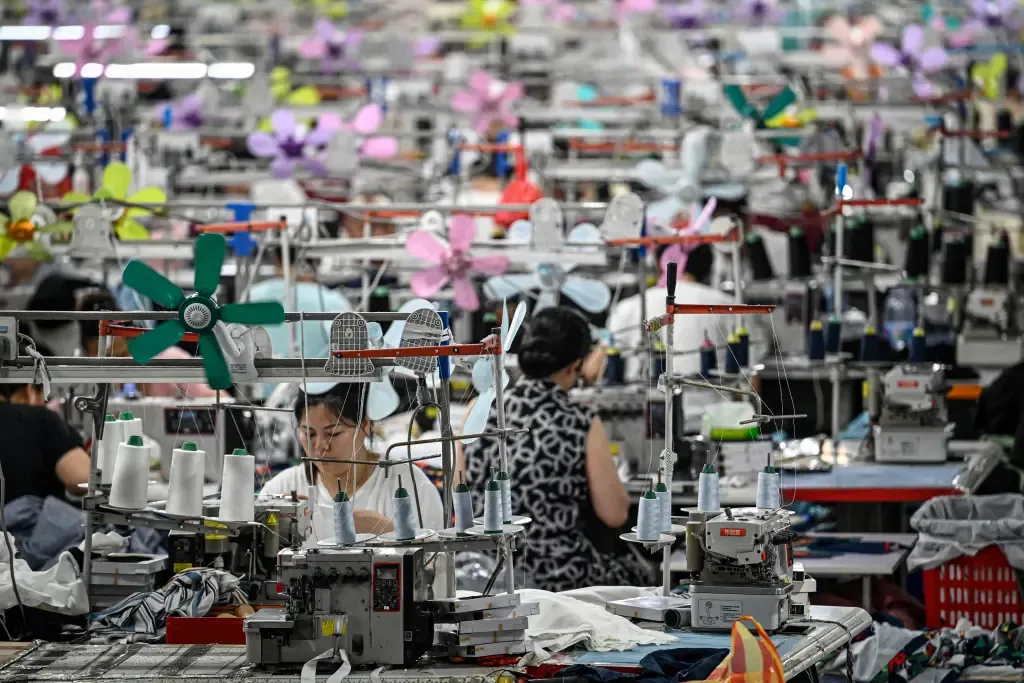Dozens of garment factories in southern China’s “Shein Village” have gone idle recently due to tariffs imposed by the Trump administration, which also ended the “de minimis” exemption that previously allowed online retailers to send cheap, duty-free goods to the U.S.
Factories in Guangzhou’s Panyu district, the heart of workshops supplying fast-fashion giant Shein, have fallen silent as unsold garments pile up inside, according to workers.
Until now, these goods were frequently sold directly to American consumers at a fraction of the price of similar items from U.S.-based retailers, thanks to the $800 tax exemption for international shipments.
“Orders from Shein have fallen this year, and our sales are down by a lot,” a worker at one workshop, employing around 20 people, told the Japanese news agency Nikkei.
Trump’s removal of the de minimis policy, set to take effect on May 2, means all shipments, regardless of size, will now face import taxes.
This policy shift puts more strain on China’s already struggling economy, particularly its faltering real estate sector. Economic growth remained stagnant at 5.4% in Q1 of this year, showing no improvement from the previous quarter.
“Workshops have closed all over the place in just two months,” said Li Lianghua, a business owner from Hunan province, speaking with Japanese news agency Nikkei..
In response to the growing trade tensions, Shein has encouraged its suppliers to move operations to Vietnam to mitigate the impact of Trump’s policies. However, smaller suppliers, unable to afford relocation, have shut down completely.
Li has stopped accepting Shein orders and shifted his focus to direct marketing via social media.
In Dongguan, east of Guangzhou, factories supplying leather goods and bags to U.S. companies had already been experiencing declining business before Trump’s tariff decisions. One factory lost $150,000 in annual contracts from four major American clients by the end of 2024.












